
The right to defence
‘This is the magic of the extreme. The seduction that exercises all what is extreme. We the anti-moralists, we are the extremists’. i
The free spirit – the anarchist nihilist is advancing and going over.
The formal systems of reference, given by the judging organs, establish the role of the defendant. In this way the base of the moral and judicial monster is established in an organic way.
To dismantle and knock down the ‘pillars’ of the law-judgement means to eviscerate its inferior abyss until its fragments can be found in a hidden way.
To knock down all elements of logo-centric reference means to deny in a continuous renovation, to interpret all fragments of it, made of a ‘resistance’ without corners.
The fire of the devouring chaos extinguishes all rational re-elaborations, by ‘denying’ and by renovating while denying.
Each of us must find their personal inferno ii .
Defence (right) art. 24 of the constitution: ‘Inviolable right guaranteed by the constitution which consists in assuring everybody the possibility to defend their legitimate rights through the action or resistance during the judgement.’
The placid repeating of a movement aiming at logic consequences dissolves itself in a consequential plot.
A careful examination of this plot leads to the theorization, assimilated in an asymmetrical way, of the determined.
While listening, the deaf absence, the ‘stamp’ given by the presence of the absence, is the absence itself.
The absence is the presence of the ‘absent being’.
The production of a series of logical-rational consequences creates ‘appeasement’, leading to the determination of this appeasement, which becomes quiet acquisition by transmitting the reason that created the appeasement: to circumscribe and determine the events by determining them in a logic rationale.
In an aprioristic way, the subject-individual who has no prejudices as concerns his logic deduction of the effects of this ‘determining’ accepts its ordinariness, because the distance between the acquisition of the logic effects and its making them logic reduces itself till it re-marginalizes itself by focusing its effect.
‘The defender of *** has protested because the seized material cannot be classified as primer or explosive (…). However he has demanded that the coercive measure be rejected also because of lack of any references to the behaviour his client is accused of (…)
Subordinately he has demanded the application of a non-custodial measure.’
This chosen line rationalizes the events and classifies the sign-effect that emerges from the extent of the events themselves.
Fatalism ‘affirms’ the subject-individual, which realizes himself in each movement-moment and becomes the ‘logic’ development that simplifies the development itself by adapting it.
All this considering the supposed evidence that this development is a determination, an event that the logic has realized by determining itself.
The dynamics of defending oneself makes the sensory capacities of one’s own individuality useless. These capacities acquire significance while revealing themselves.
Therefore the homologous role of the defendant, established by the judging organs, is polarized by a conventional sign.
A systematic nature absorbs the events to which and in which the subject-individual is placed, so that he puts himself before the dependence of a ‘golden cage’.
The development of the events establishes a thread, which sublimes into ‘nothing’ by dissolving itself.
The formal system of reference for the individual deprived of his essence, of his ‘being’ individual, exacerbates and subdues the reason and assimilates it to the ‘mask of the law’.
In the assimilation of a moral root, the affirmation of oneself is social prison, where the transposition between the individual who affirms himself and the prisoner who conforms through homogenization, nullifies itself.
A defender according to art 96 s.s of the penal code. ‘He guarantees technical defence in a penal procedure to the defendant and to other parties who have the right to nominate him.’
The main intents of a subject-individual, by now defendant, are dissipated in a logic dissociation, which moulds the interpretation of the judicial doctrine and of the ‘guarantee’.
A defendant walks along a prearranged path, which defines what is ‘guaranteed’ as the procedural clause of a subjective falsification.
Taking measures, he endorses himself in a constitution-construction, thus giving a sense-signifier to ‘his’ nothing.
‘The characters of a defence are the effectiveness and freedom of the defender’.
Swallowed up by the law, a non-individual defendant assimilates the essential characters that make a judicial procedure, in which conventional signs emerge in a logic and rational point of view.
Any ‘character’ imposes a moral obligation, in which the defendant gets entrapped with no way out.
Atonement becomes appearance, which turns into subordination, in the void created by a judicial role that has become absolute in its aiming at redeeming by nullifying.
‘Effectiveness implies that a defender has a dynamic, creative and participating role in the dialectic with a public prosecutor during a trial.’
The role of a defender makes the profile of a defendant precise and clean. The defendant, who does not recognize, or has nullified, his individuality and peculiarities, turns into a recomposed and level form.
His identity is the ‘law’.
The effects of the role of the defence take on and change the subjectivity of a defendant, and apply an all-embracing language-dialectic in the judicial farce, thus leading the missing parts to a totalizing rehabilitation.
The recomposed parts expropriate any fibres of the individual and catalyze the adaptation to reconciliation perspectives in a mechanistic way, reconciliation which represents a synthesis of significance.
The result is the privation of ‘interior revolt’ and abandonment to the ‘nothing’.
Conciliation is permanent.
Now the defender, invasive like a pathogen, assumes the humus of the subject, in a total removal of all singular ‘characters’, and stabilizes himself.
The methodological articulation of the ‘compromise’ is viewed as fundamental.
‘Between what is declining inside him and around him
And what enhances him
The wind of a catastrophe is passing.’
P. Klossowski
The vivisection of conscience represents the concept of ‘reason’ in an obvious metaphysical-rational activity.
The effectiveness of reason, dissected, goes back to a reduction-representation, in a subject whose expression becomes a faithful intersection of that dissection.
The rejection assimilated by the voice of conscience, which dissects, deprives the individual of his essence and peculiarities, leading to a goal-truth as a global concept of the ‘voice’.
This ‘voice’ exposes a moral logic that expresses the value of the world according to categories, which are the results and the perspectives of utility, determined in what has to be determined.
Built by conscience, values are derivations of the maintenance of human form-dominion.
By projecting formal data and concepts-orders, the law acquires the right to exist.
Renouncement becomes virtue.
The virtue of this renouncement comes in as necessity in the subject, in a dissected psychological state.
Morals put the individual in a corner, and the individual takes the blows without realizing his subjection.
The voice of conscience expresses itself by ‘saying’:
‘The universal values of man are my values, are fundamental values.’
The common value of the law represents logic understanding, which confers a ‘right’ of existence to universal values.
The right of defence
‘Defence is an inviolable right in every state and degree of a procedure.’ (Art 24 of the constitution).
‘Contrary to what is commonly thought, a defendant is not the object of the punitive stance of the state, nor is he a mere passive subject of this stance, but he is a real subject in the trial, to whom the law recognizes some rights and powers (rights of a defendant).’
The base of judicial discipline demands, by affirming itself, simplification and reduction, and the interpretative deconstruction of the individual. It marginalizes the expression of any existential specificity thus reducing deaf expression to a death form.
The effects of ‘self-defence’ express the symptomatic manifestation of a disease of the spirit, where the elements of expression are chained to moral substance, which leads to the symptom of ‘mending oneself’, as a sign of reason.
These values inhibit the annihilator input, and become the hegemonic logic of the law.
In a perspective of reconciliation, the reason re-emerges, a reason that gives sense to renouncement and extinction of the will of strength.
From an ethical point of view, conciliation is a ‘track’ of the conventional sign of the ‘right of defence’.
A trauma is resolved in a conciliating agreement.
To adapt oneself gives sense to things, in what is affirmed and accepted in the conscience-existence.
What is necessary is desirable.
Moral suppuration prevails.
‘Democratic constitution, being founded on laws, ensures true freedom and harmony, provided that citizens do not harm one another and learn to adapt to life in common, inspired by harmony’ iii
-
i Will to Power, F.Nietzsche
ii ‘It is not by chance, Cerberus watches the doors of your personal inferno where no one can enter
and from where nothing comes out’ (see ‘Cattive Passioni [Bad Passions], Edizioni Cerbero.
iii Die fragmente der vorsokratiken, H. Diels W. Franz
http://325.nostate.net/?p=4117#more-4117
Federico Buono – Il diritto di difesa
Frammento – L’antigiuridismo anarchico-amorale
“Questa è la magia dell’estremo. La seduzione che esercita
tutto quanto è estremo. Noi immoralisti, noi siamo gli estremi.”i
Lo spirito libero-l’anarco nichilista, avanza e oltrepassa.
I sistemi formali di riferimento,dati dagli organi giudicanti, stabiliscono il ruolo dell’imputato.
Il fondamento del mostro_morale giudiziario, è in questo modo stabilizzato in maniera organica.
Smantellare e abbattere i “pilastri” del giudizio-diritto è sviscerare l’abisso interiore, fino a trovarne in maniera recondita, i frammenti.
L’abbattere ogni dato di riferimento logo-centrico, è negare in un continuo rinnovarsi, nel ribaltare e interpretarne ogni frammento, composto da una “resistenza”, senza nessun angolo.
Il fuoco del caos divoratore estingue ogni rielaborazione, di valore razionale nel “negare”, e nel rinnovarsi,negando.
Ognuno di noi deve cercare il suo inferno personale.ii2
Difesa (diritto) art .24 cost. “Diritto inviolabile garantito dalla costituzione che consiste nell’assicurare a tutti la possibilità di tutelare i propri diritti legittimi, attraverso l’azione o la resistenza in giudizio.“
Il placido ripetersi di un movimento teso a logicizzare la logica conseguenza, si dissolve in un trama filo-consequienziale.
La disamina della trama, tende-porta alla teorizzazione, assimilata, in maniera assimetrica, del determinato.
Nell’ascoltare, l’assenza muta, il “timbro” dato dalla presenza dell’assenza, è l’assenza stessa.
L’assenza è la presenza dell’”essere assente”.
Il produrre una serie di conseguenze logiche-razionali, creano “distensione”, andando alla determinazione nel determinare, questa distensione, che diventa quieta acquisizione, nel veicolare la ragione che ha creato la distensione: il circoscrivere e determinare gli eventi determinandoli in una logica-razionale.
In maniera aprioristica il soggetto-individuo scevro nella sua deduzione logica degli effetti di questo “determinare”, ne accetta l’ordinarietà, in quanto la distanza tra l’acquisizione del logico-effetto e il suo logicizzare, si assottiglia fino a rimarginarsi, accentrando l’effetto stesso.
“Il difensore del *** si è opposto atteso che il materiale sequestrato non è classificabile, come innesco o come esplosivo(…). In ogni caso ha chiesto il rigetto della misura coercitiva anche per difetto di ogni riferibilità della condotta contestata al proprio assistito(…). In subordine, ha chiesto applicarsi misura non detentiva.“
La linea scelta razionalizza gli eventi e apporta, nel catalogare il segno-effetto che emerge dinanzi alla portata degli eventi stessi.
Il fatalismo “afferma” il soggetto-individuo che diviene, a se stesso, ogni movimento-momento, nel suo realizzarsi, come il “logico” andamento della logica che semplifica e adatta nel livellare l’andamento stesso:
Nell’evidenza supposta che l’andamento sia il determinare, l’evento che la logica ha portato il realizzare, determinandosi.
La dinamica del “difendersi”, rende vani i sensi percettori dell’individualità propria, che rilevando-acquisiscono, l’incedere dei significati.
Il segno convenzionale-polarizza l’omologazione del ruolo-imputato, stabilito dagli organi giudicanti.
La sistematicità assorbe gli eventi a cui e in cui è sottoposto il soggetto-individuo che antepone se stesso alle dipendenze di una “gabbia dorata”.
La portata degli avvenimenti tramutano-stabilendo il filo-trama, che dissolvendosi, sublimina nel “nulla”.
Il sistema formale di riferimento per l’individuo privato dall’essenza, nell’”essere” individuo, inasprisce e assoggetta la ragione, assimilandole in maniera ineluttabile alla “maschera del diritto”.
Fondamento e valore è l’assimilazione di una radice morale, in cui l’affermazione di se stessi è la prigionia sociale, dove la trasposizione tra l’individuo che si afferma “affermandosi”, e il prigioniero che si conforma, omologandosi, si fonda e si annulla.
Difensore art 96 s.s. c.p.p. “Garantisce all’imputato ed altri parti per cui è prevista la nomina la difesa tecnica nel procedimento penale“
Gli intenti primari del soggetto_individuo, ormai imputato, vengono dissipati in una dissociazione_logica, che modula l’interpretazione della dottrina giuridica e la “garanzia”.
L’imputato percorre un sentiero ordinato che “definendosi”, definisce il “garantito”, come clausola procedurale di una falsificazione soggettiva.
Prevedendo,avalla se stesso-in una costituzione_costruzione, dando un significato_significante al “suo ” nulla.
“I caratteri della difesa sono l’effettività e la libertà del difensore”.
Fagocitato dal diritto giuridico l’imputato non-individuo, assimila i caratteri essenziali, che compongono la struttura procedurale, in cui i segni convenzionali riemergono nella sua composizione in un ottica logico_razionale.
Ogni “carattere” da un obbligo morale, in cui l’imputato rimane intrappolato-senza via d’uscita.
L’espiazione diventa l’apparenza, che si tramuta in una subordinazione, nel vuoto creato in un assolutizzazione del ruolo giuridico che mira a redimere annullando.
“L’effettività che il difensore abbia nel processo un ruolo dinamico, creativo e partecipativo nella dialettica con il Pm.“
Il ruolo stabilito dal difensore rende netti e coincisi i contorni dell’imputato che non riconoscendo-avendo annullato la propria individualità-le proprie peculiarità, si tramuta in una forma ricomposta e uniforme.
La sua identità è il “diritto”.
Gli effetti dei segni del ruolo della difesa assumono,mutando, la soggettività dell’imputato e applicano nella farsa giuridica, un linguaggio_dialettica onnicomprensivo, nel ricondurre le parti mancanti della riabilitazione totalizzante.
Le parti ricomposte,espropriano ogni fibra dell’individuo, catalizzando in maniera meccanicistica, l’adeguarsi alle prospettive della riconciliazione, sintetica del significativo.
Il proclama è la privazione della “rivolta interiore”,in un abbandono nel “nulla”.
Il coinciliante è il permanente.
Invasivo come un “agente patogeno”, il difensore ora assume l’humus del soggetto, in una completa opera di rimozione di ogni “carattere” singolare, stabilizzandosi.
L’articolazione metodologica del “compromesso”, è introiettata come fondamento.
“Tra ciò che in e intorno a lui declina,
e ciò che lo esalta,
passa il vento di una
catastrofe“
P.Klossowski
La vivisezione della coscienza, rappresenta il concetto della “ragione” in una manifesta attività metafisica_razionale.
L’efficacia della ragione, dissezionata, riconduce all’effetto alla riduzione_rappresentazione, in un soggetto in cui l’espressione diventa l’intersecazione fedele della dissezione.
Lo “scarto” assimilato dalla voce della coscienza, che disseziona, priva l’individuo nella sua essenza,di ogni peculiarità, rendendo lo scopo-verità, come concetto globale dato dalla “voce”.
La “voce” espone la logica_morale, che esprime il valore del mondo in base a categorie, che sono risultati e prospettive di utilità, determinate nel determinato.
Edificati dalla coscienza, i valori sono derivazioni del mantenimento della forma dominio_umana.
La proiezione di dati formali, e di concetti_comandamenti danno al diritto, il “diritto” di esistere.
La rinuncia diventa virtù.
La virtù di questa rinuncia subentra come necessità nel soggetto, in uno stato psicologico dissezionato.
La morale mette in un “angolo”, l’individuo che subisce i colpi senza percepirne l’assoggettamento.
La voce della coscienza, “dice”, esprimendosi:
“I valori universali dell’uomo, sono i miei valori, come valori fondanti.“
Il valore comune del diritto, rappresenta la comprensione logica, che da ai valori universali, un “diritto” di esistere.
Il diritto di difesa
“La difesa è un diritto inviolabile in ogni stato e grado di procedimento” (art.24.cost.)
“L’imputato a differenza di quanto è ritenuto, non è oggetto della pretesa punitiva dello stato, né tanto meno, un mero soggetto passivo di tale pretesa, ma è un vero e proprio soggetto processuale, cui la legge riconosce, alcuni diritti e poteri (diritti dell’imputato)“.
Il fondamento della disciplina giuridica, esige_affermandosi, il semplificare e ridurre, la decostruzione interpretativa dell’individuo (individuale), marginalizzando, l’espressione di una specificità esistenziale, e riducendo l’espressione muta in una forma morta.
Gli effetti della “legittima difesa”, traducono la manifestazione sintomatica, di una patologia dello spirito,in cui gli elementi dell’esprimersi, sono concatenati alla deducibilità, della sostanza_morale, che tradendo i segni di questi effetti, portano al sintomo del “ravvedersi”, come segno della ragione.
Questi valori,inibiscono-l’input annientatore-e diventano la logica egemonica del diritto.
In una prospettiva della conciliazione, riemerge la ragione che dà un senso, alla rinuncia e all’estinzione della volontà di potenza.
Eticizzando, la conciliazione, l’apporto è la “traccia”, del segno convenzionale del “diritto a una difesa”.
Il trauma si ricompone in una convenzione conciliante.
Il riadattarsi, accentua nel dare un senso, alle cose, nei lati affermati e accettati della coscienza_esistenza.
Il necessario è il desiderabile.
La suppurazione morale prevale.
“La costituzione democratica, essendo fondata sulle leggi, è quella che assicura la vera libertà, e la concordia, a patto che i cittadini non si danneggino, e sappiano adattarsi, alla vita in comune, inspirata alla concordia.“iii
Note
i”Volontà di potenza“, F. Nietzsche
ii”Non è un caso, Cerbero sorveglia le porte del nostro Inferno personale dove nessuno può entrare e dove nulla esce” Cfr. “Cattive passioni“, Edizioni Cerbero.
iii”Die fragmente der vorsokratiken“, H.Diels. W. Franz
http://culmine.noblogs.org/2011/12/21/federico-buono-il-diritto-di-difesa/


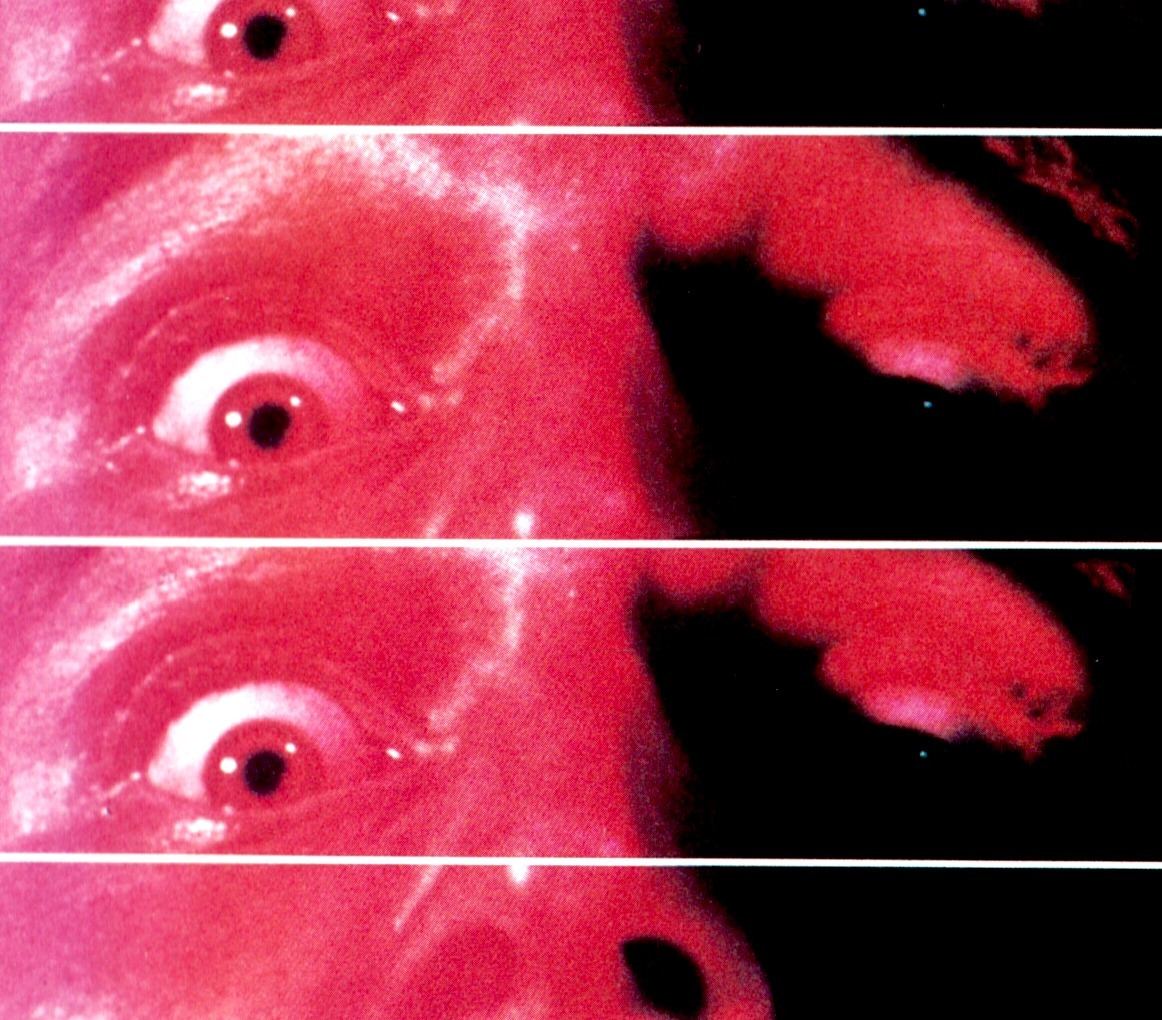
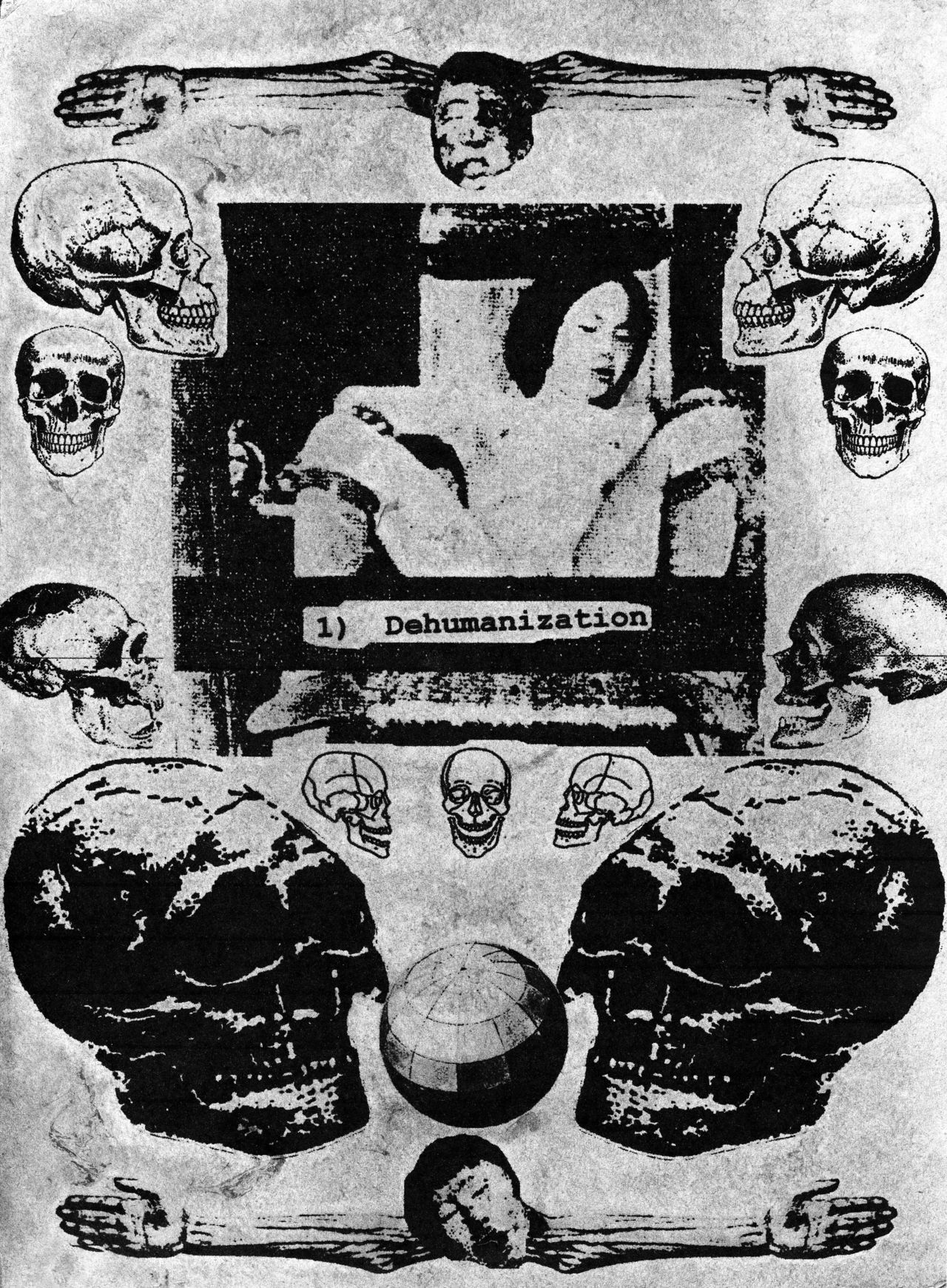



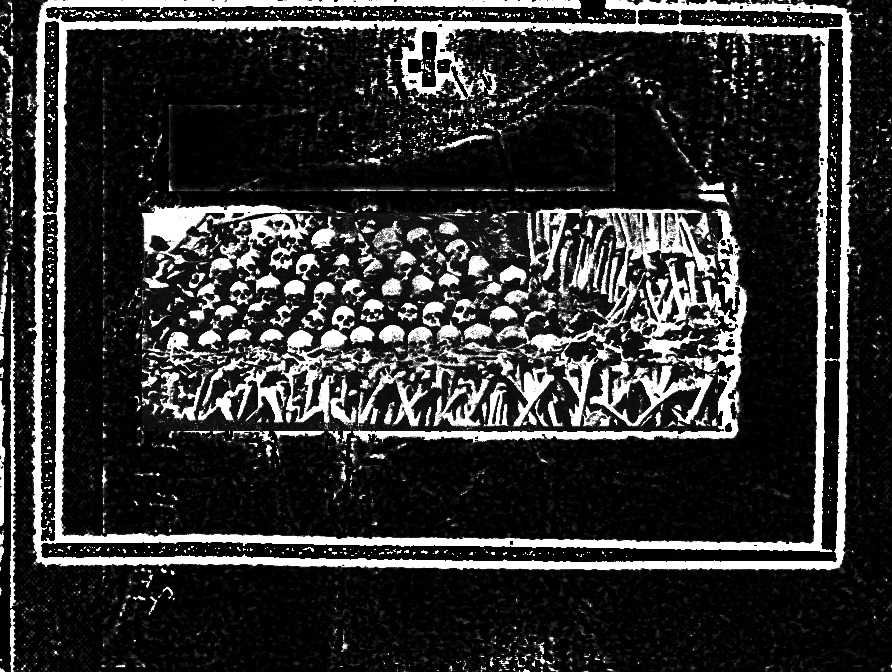
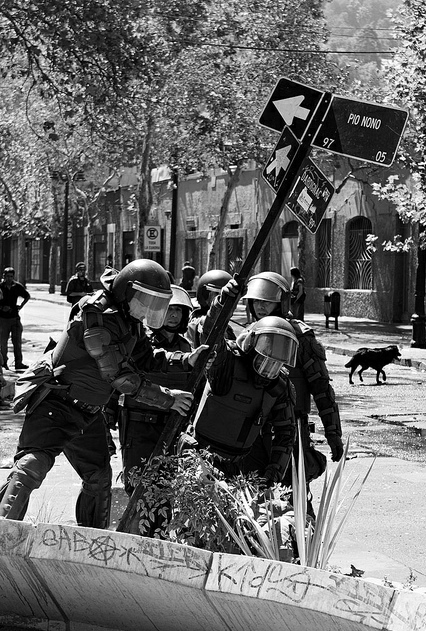



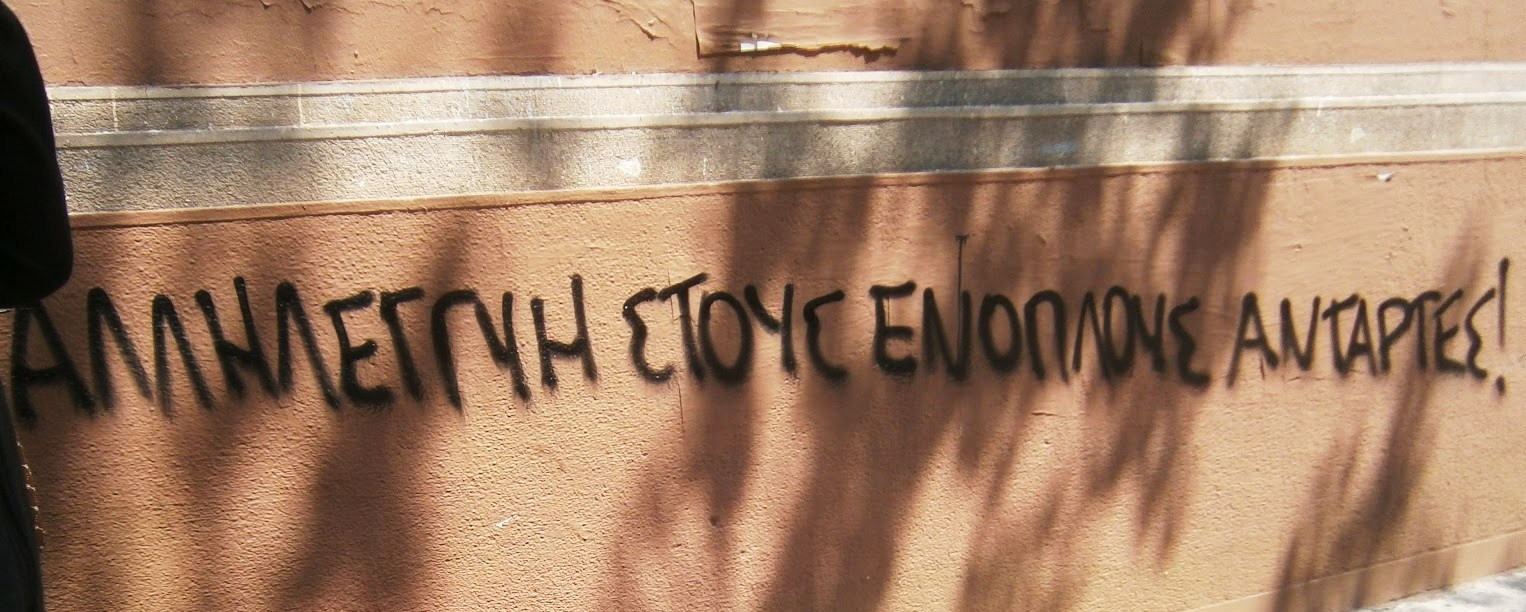

![Eurorepressione - Sulla conferenza a Den Haag sul tema "Anarchia" [corretto]](http://25.media.tumblr.com/tumblr_m0jvngOXtY1qa2163o1_1280.jpg)
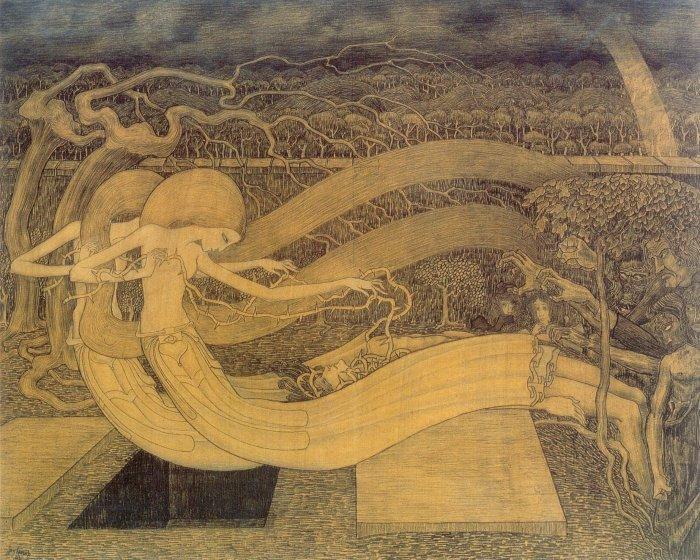
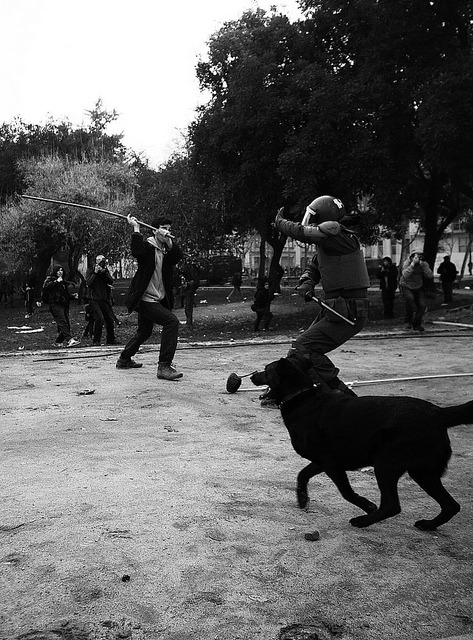
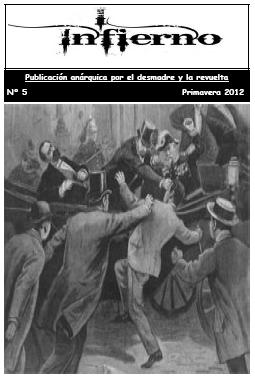

![A tres años de la Partida de Mauricio Morales: De la Memoria a la Calle [Stgo.]](http://metiendoruido.com/wp-content/uploads/2012/05/mmacividad.jpg)
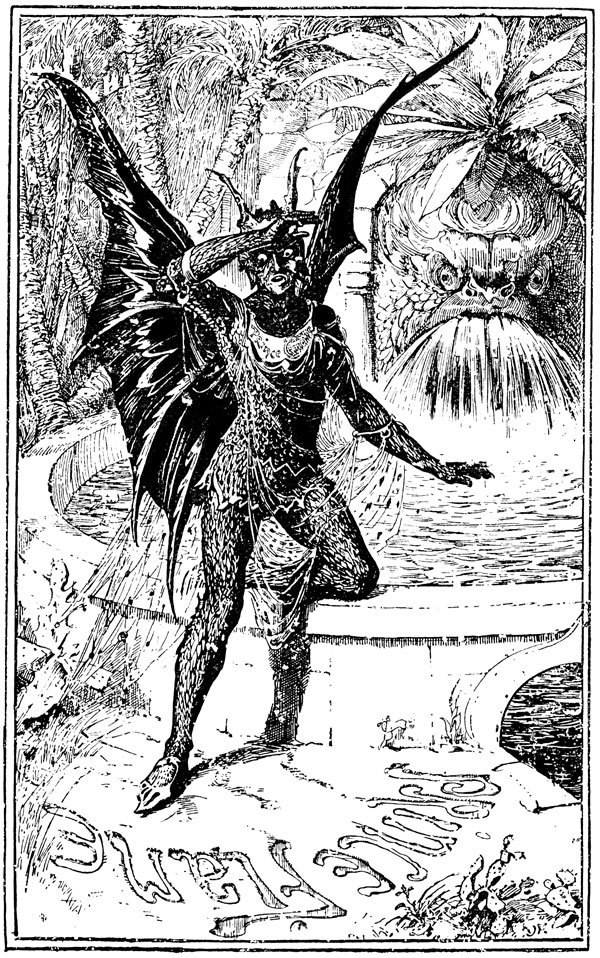
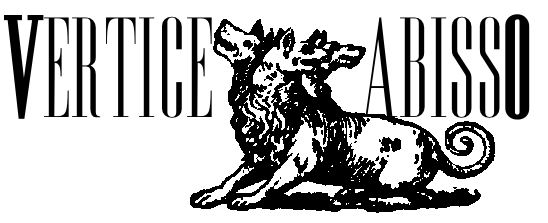



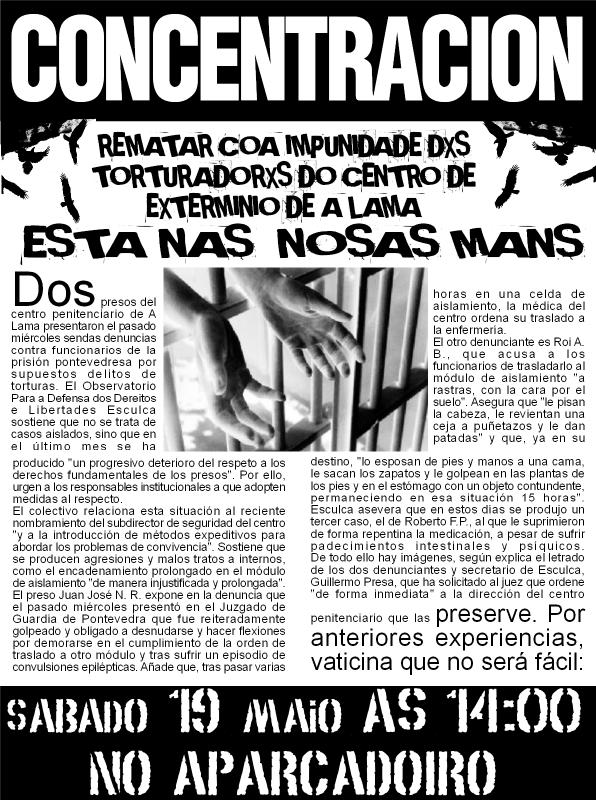

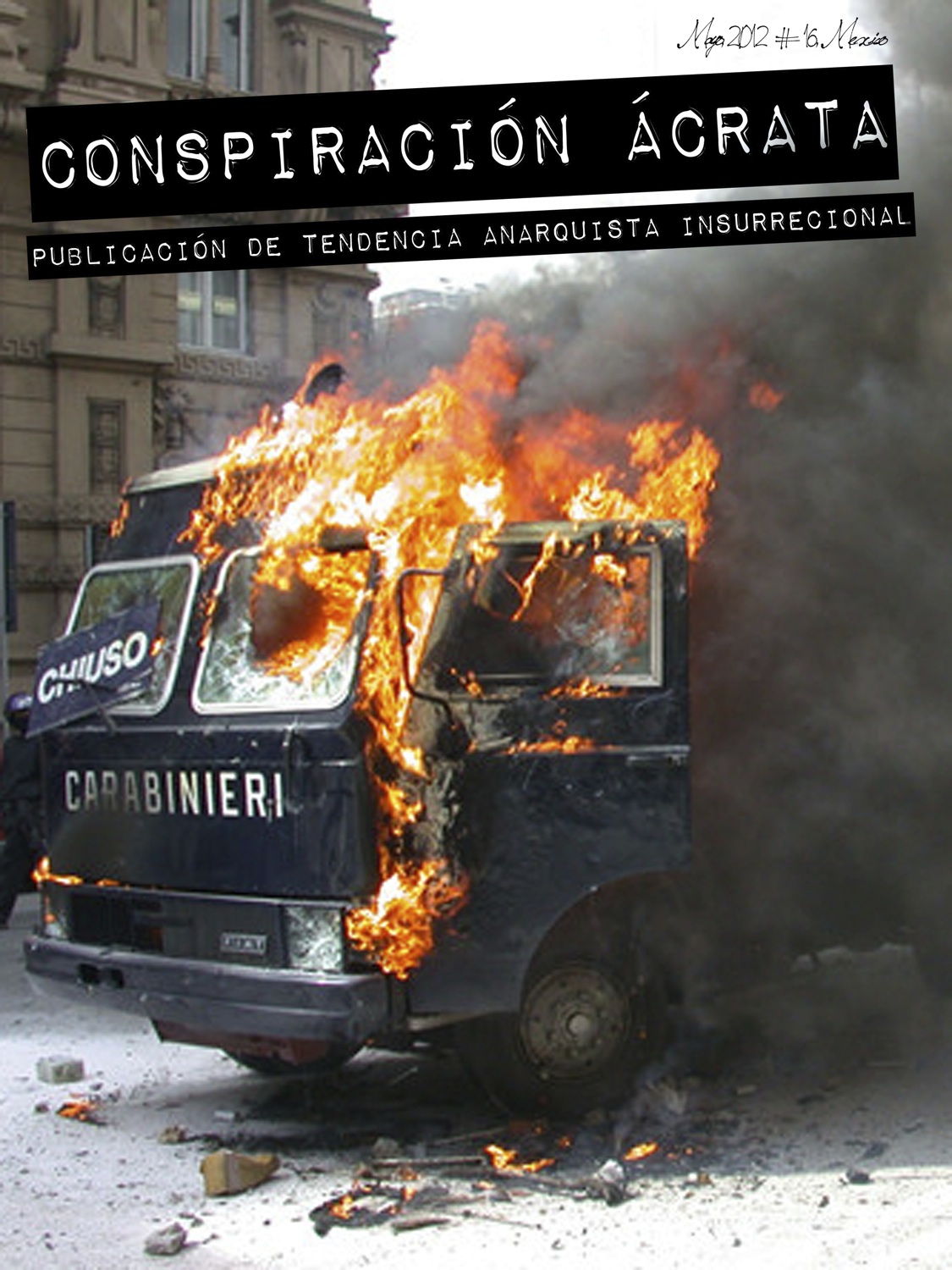

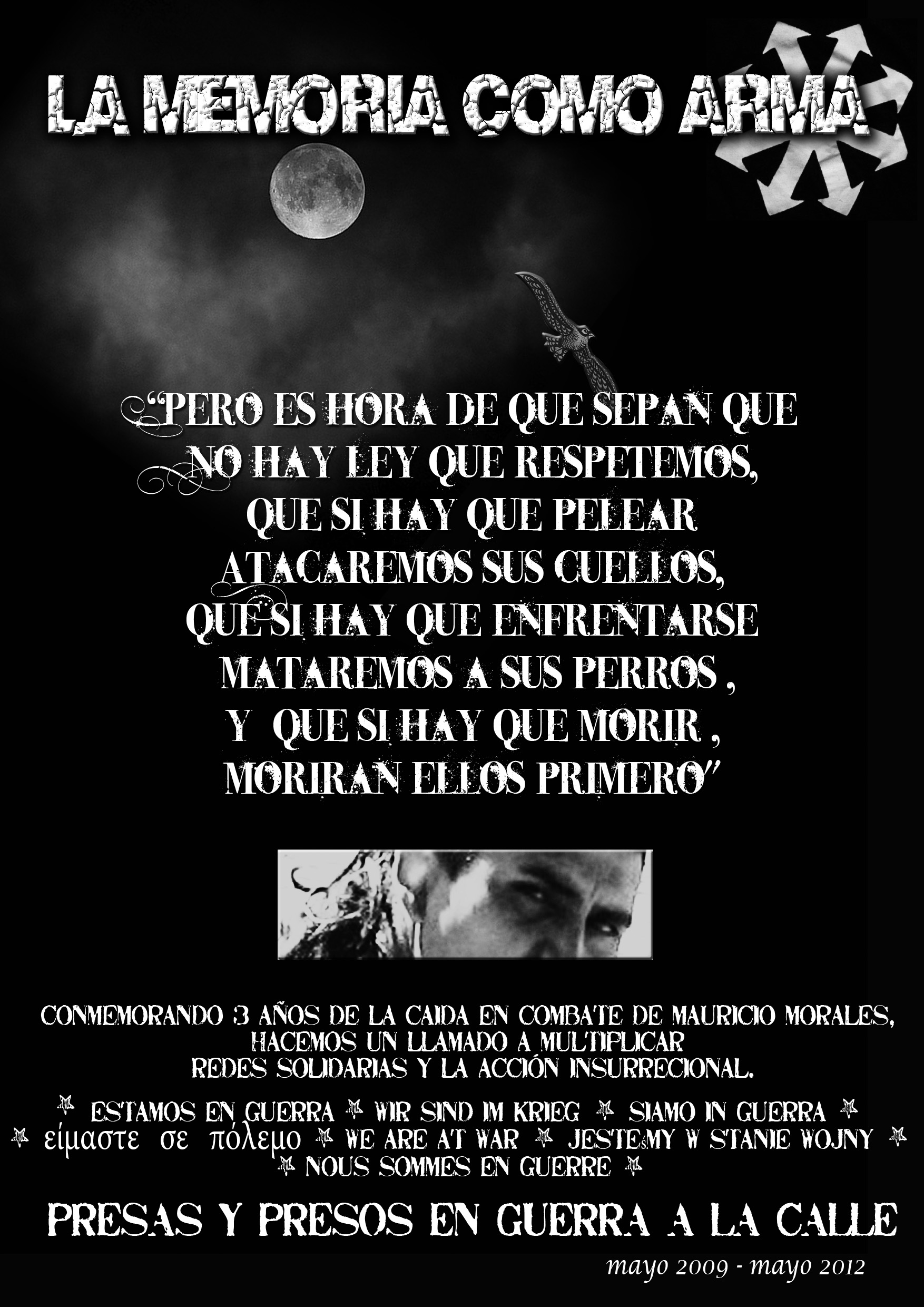
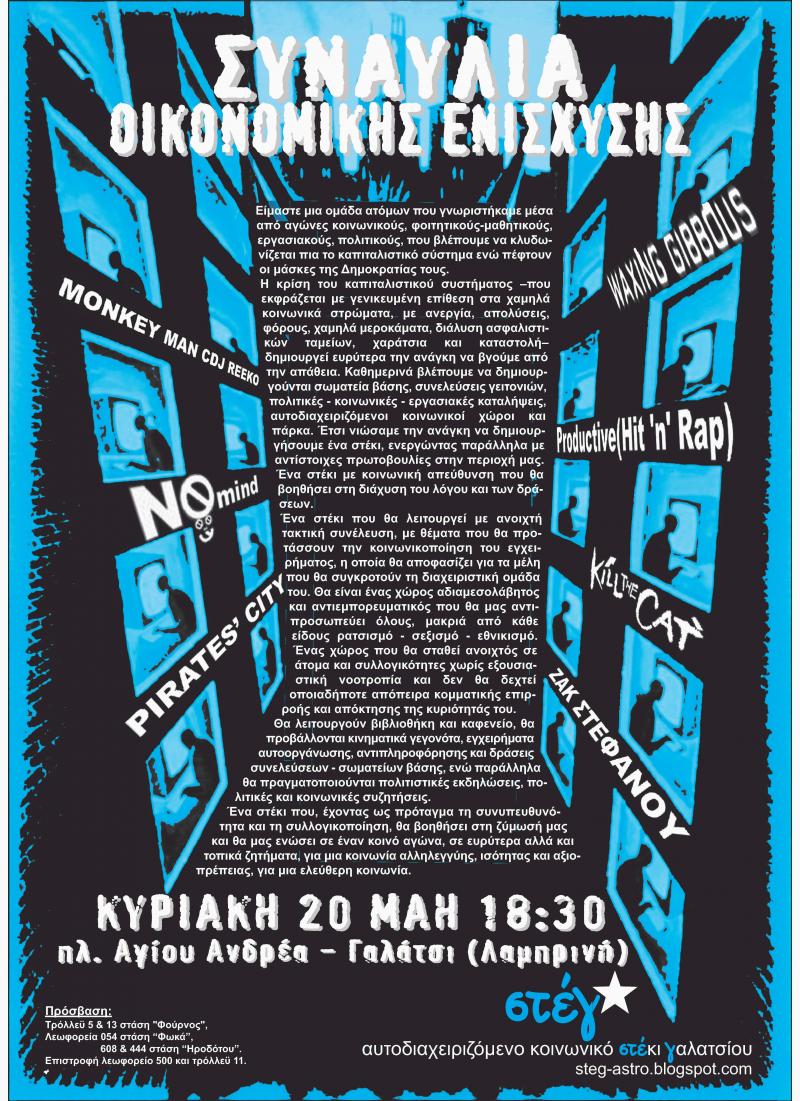








Nessun commento:
Posta un commento